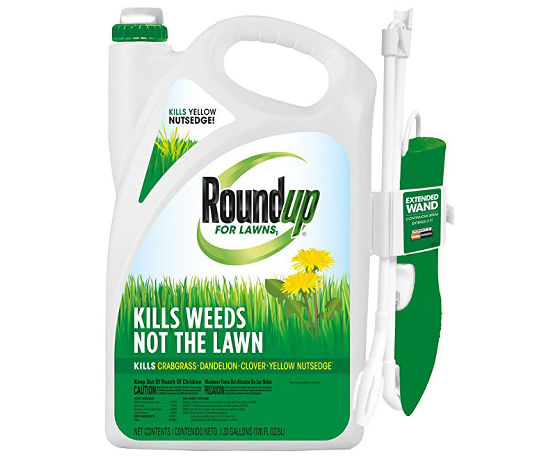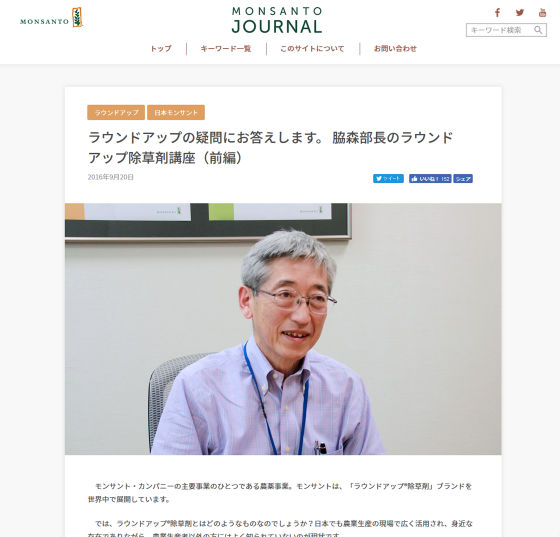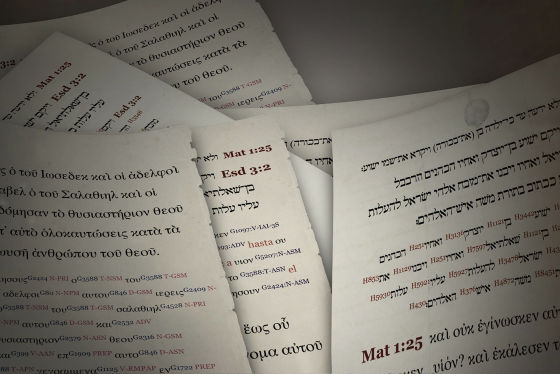Possibility that scientists from manufacturers and monsanto have greatly involved in making articles to deny the carcinogenicity of the Roundup herbicide

Roundup manufacturer Monsanto told reporters that the main ingredient of herbicide "Roundup", which is said to be the best selling in the world, is carcinogenic, by an independent expert It is revealed in court that the fact that it was heavily involved in the article which the committee made for the object of the refutation aimed and was hidden so that the relevance is not suspected.
Monsanto Was Its Own Ghostwriter for Some Safety Reviews - Bloomberg
https://www.bloomberg.com/news/articles/2017-08-09/monsanto-was-its-own-ghostwriter-for-some-safety-reviews
A herbicide based on glyphosate developed by Monsanto in 1970 "Roundup (Roundup) "Is a non-selective pesticide that exerts herbicidal effects without regard to the type of plant, and since it was released in 1974, it is widely used not only in farmers but also in general households.

Since Roundup is powerful, it hurts crops themselves, Monsanto has developed seeds of genetically modified crops that are resistant to Roundup, and is pushing hard together with Roundup.
However, since the question of whether the round-up is harmful to the human body is always after the productization, Monsanto has insisted that safety is confirmed by scientific verification by a third party. Safety claims against Monsanto round-up can be confirmed in the following article.
We will answer the question of round up. Roundup herbicide course of Wakii Mori (first part) | Monsanto Journal

As to the safety of the round-up, the fact that the danger is growing became significant in 2015 when the WHO subordinate organizationInternational Cancer Institute(IARC) has made an evaluation of "glyphosate" as "Group 2A" which presumably has carcinogenicity to humans. This announcement called for a great response since the round-up is a big best seller that is used as a common herbicide all over the world, but scientific for scantiness of the number of samples which are the basis of the thesis Discussion about the carcinogenicity of glyphosate has been controversial, such as numerous dissenting opinions of researchers who are not valid.
Monsanto has established an expert committee consisting of researchers and others after contracting with the consultancy Intertek Group Plc to prove the safety of the round-up and refute the presentation of IARC. In September 2016, the Expert Committee told the Critical Reviews in Toxicology scientific journal "As a paper written independently from stakeholders such as Monsanto", IARC misinterpreted the data by overlooking the data I was publishing a paper with content that there was. In addition, IARC rebuttens that there is no incomplete data for this paper by the investigation committee.
Regarding the carcinogenicity of the round-up, plaintiffs who said they had developed cancer due to a round-up in 2015 had filed a lawsuit against Los Angeles in California federal court against Monsanto. A plaintiff lawyer in this case announced Monsanto's e-mail and internal documents filed in litigation as evidence in early August 2017.

According to this internal document, several scientists, including Dr. William Haydens of Monsanto, were involved in organizing and editing the draft of the paper submitted by external experts. Monsanto's vice president of global strategy vice president Scott Purridge said, "Monsanto is only doing paper formatting and has no real involvement to change experts' conclusions. "Selection of wording" by stakeholders is not ideal, but it did not change scientific content. "
According to the internal document, it is also clear that the name was deleted from a co-author of 2011 papers written on Monsanto's principal toxicologist Donna Farmer on side effects of glyphosate. This paper was issued as an objection to the assertion on the harmfulness of glyphosate, and it is thought that it was aimed to deny Monsanto's involvement by not giving Mr. Farmer's name to the paper.
If the influence of Monsanto was extensive to prepare a dissertation against a claim showing harm to the human body of a round-up, it was always mentioned as a claim that "Roundup is not toxic" Monsanto's classic assertion of "scientific verification by an independent third-party organization" is likely to make no sense.
Note that California has notified Monsanto that glyphosate, the main ingredient of the round-up to be certified as a harmful chemical substance from September 2015, and Monsanto has filed an injunction lawsuit in the court against this content It was. Monthsant's complaint was dismissed,On June 26, 2017, California states that glyphosate is added to the list of carcinogens from July 7, 2017. As it appears in the carcinogenicity list, the package of glyphosate pesticide to be sold in California will be obliged to display a warning on carcinogenicity. Monsanto is still contesting this disposal.
Related Posts:
in Science, Posted by darkhorse_log







